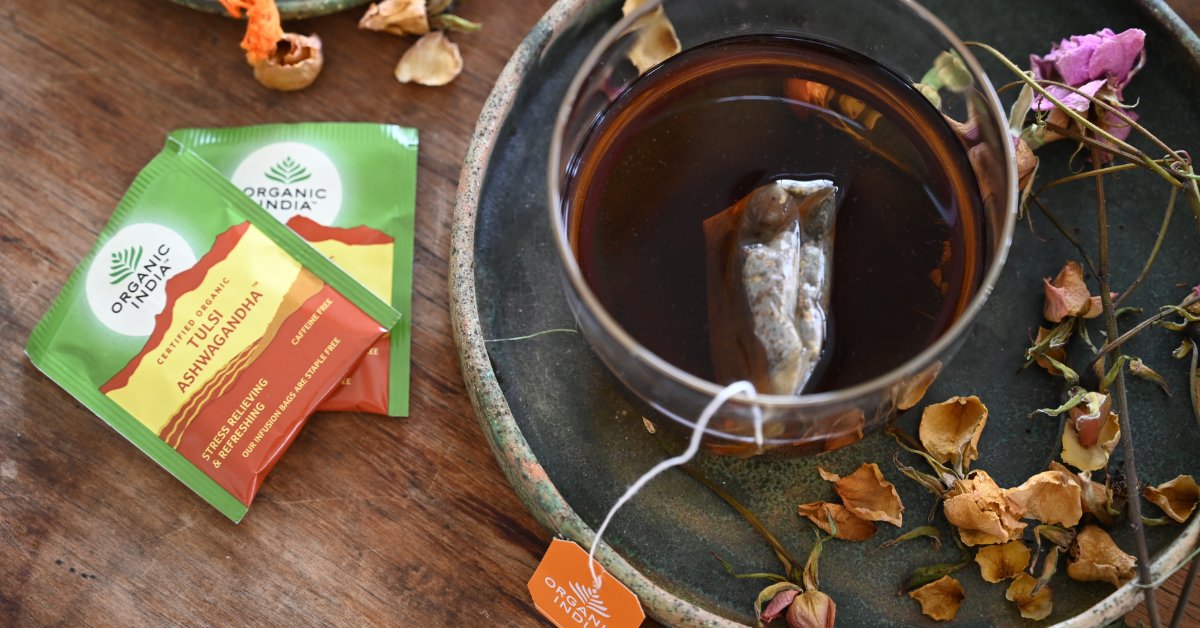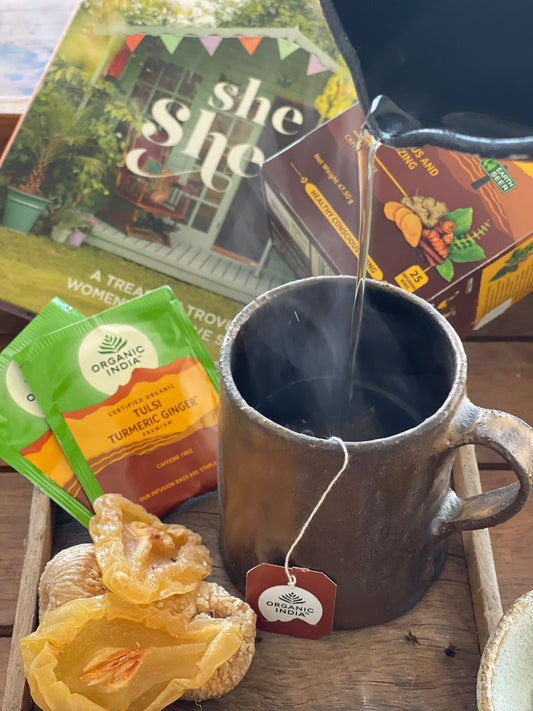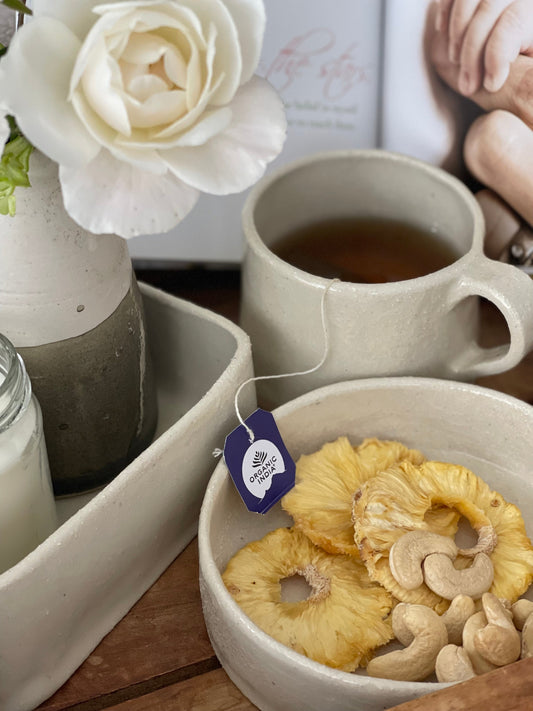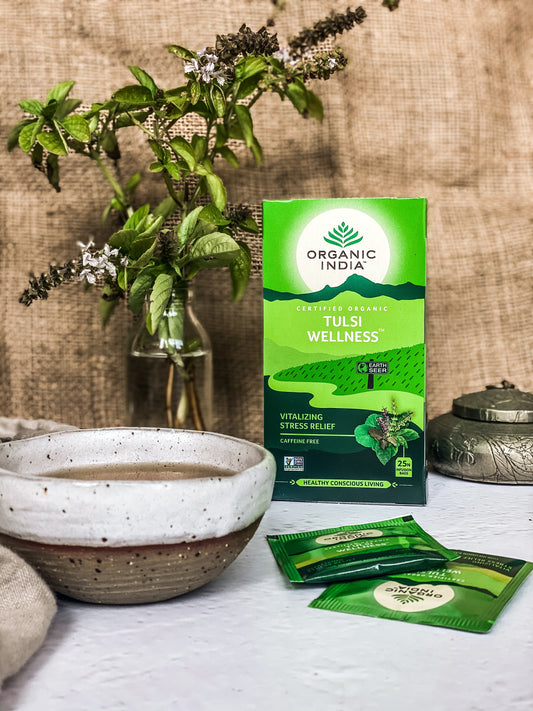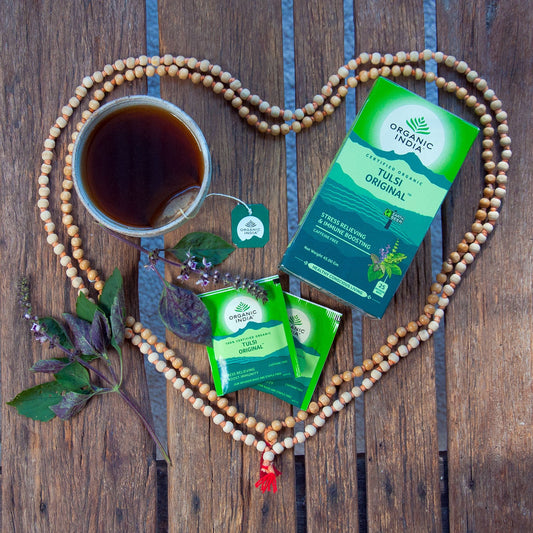“Jasmine flowers are very useful to help balance emotional disturbance and to alleviate anxiety. Considered to be a very sattvic (pure) flower, it opens the heart chakra and bestows a feeling of love upon the lucky imbiber” Sebastian Pole.
As I write I can smell the soft, sweet fragrance of Jasmine starting to bloom as it does every October, in my garden outside. This is one of my favourite times of the year in the garden – for the next month I will see a white wall of Jasmine and I will stop to bask in her intoxicating scent again and again. I will be reminded of another time in another place entirely- a bumpy bus ride I once took through the South of India. The young woman on the seat in front of me was wearing fresh Jasmine in her hair and I honestly could have been sitting in heaven.
Jasmine or Mogra as it is often referred to in India is derived from the Persian word “Yasmin” that translates into “Gift from God”. Crape Jasmine flowers are commonly offered to the gods at the feet of deities in the temples of India where Jasmine is incorporated into poojas (prayer ceremonies), marriage ceremonies and religious worship. Indian women often adorn themselves with Jasmine especially for special occasions.
There is a transcendental quality to this exquisite bloom and in Ayurveda, Jasmine is regarded as Sattvic (life-giving or pure) and tridoshic, which means it is beneficial for the regulation of all three doshas (constitutional qualities) Vata, Pitta, and Kapha.
More broadly known for delighting our senses with a sweet, perfumed aroma, Jasmine isn’t just a pretty fragrance. Jasmine blossoms boast some heavy-duty health benefits and offer a rich profile of antioxidants and anti-inflammatory mediators. Here are some of her highlights;
Nervous System Support
Jasmine is classified as a nervine – a plant remedy that has a beneficial effect on the nervous system. Specifically, calming an irritated or restless and “hot” nervous system. In times of stress, “burn out”, insomnia and depression, we can all reach for the uplifting scent of Jasmine, or a mug of Jasmine tea as a natural relaxant for the mind and body.
Cognitive Functioning
Traditionally used to increase brain function, the potent antioxidants and polyphenols found in this delightful flower are said to improve brain activity and assist with secretion of serotonin & dopamine- neurotransmitters that enhance mood. Memory, focus and concentration are all supported by this brain boosting bloom which is said to leave the brain both calm and alert. Jasmine is highly supportive in cases of depression and insomnia. Some claim simply by inhaling the scent of Jasmine alone can take us into deep restorative sleep.
Heart Health
Ayurveda describes Mogra or Jasmine as Hrudhya Gandha, which means “Fragrance Pleasing to the Heart”. Often associated with sweetness and romance and considered by some to be an aphrodisiac, this is a beautiful natural remedy that tends to matters of the heart. It may also protect against heart disease, being high in polyphenols which research indicates will protect LDL (bad) cholesterol from oxidising- a process that increases risk of heart disease.
Gynaecology
Known throughout history to gently nurture and assist women through each stage of their reproductive lives, Jasmine has natural hormone balancing properties. Assisting to regulate menstrual cycles and provide relief from painful periods – Jasmine enhances circulation of prana (energy) in the lower abdomen and supports the movement of blood in the uterus. The bitterness and astringency of this plant is useful in treating excessive menstrual bleeding.
Digestive Health
The antioxidants found in Jasmine interact with our gastrointestinal enzymes in order to support growth of good bacteria in the gut and downplay growth of harmful bacterial. Better nutrient absorption and healthy bowel function are the result, along with relief from indigestion, stomach cramps and the soothing of inflammation due to antispasmodic qualities.
Skin
Thanks to high concentrations of antioxidants and anti-inflammatory properties, jasmine tea can help to nourish our skin, promote skin tone and offer protection from environmental stressors leaving glowing, beautiful, healthy skin.
Metabolism
The Jasmine flower has hypoglycaemic properties that aid healthy blood sugar levels. Through regular use, jasmine can reduce the breakdown of starch into glucose and as a result, lower fasting blood sugar and insulin levels. Jasmine could therefore play a role in the prevention of Type 2 Diabetes and other blood sugar disorders.
Immune support
The presence of polyphenols, the aforementioned antioxidants, such as catechin and epicatechin found in Jasmine may assist to prevent free radical formation and boost our immune systems.
Aches & Pains
The anti-inflammatory, anaesthetic and analgesic properties of jasmine assist to alleviate aches and pains.
……
Historically Jasmine is associated with China but it is supposedly native to the Middle East region including areas of the Himalayas. Although Jasmine tea is now grown the world over, India is one of the major cultivators.
ORGANIC INDIA features certified organic Jasmine blossoms alongside stress-relieving, immune boosting Tulsi (Holy Basil) in Tulsi Jasmine, an intoxicating floral blend also containing chamomile, accented with sweet notes of fennel. Tulsi and Jasmine as a duo have so many synergistic qualities to balance our bodies and our minds.
Unlike many Jasmine teas that are typically served with a green tea base, Tulsi Jasmine does not contain green tea and is therefore caffeine free making this blend perfect for romantic moments, after dinner or before bed on Summery evenings, or in moments of reflective stillness to fill your senses with peace and harmony.
While exotic holidays to faraway places may not be possible this Summer the heavenly fragrance of Jasmine can be found at your next tea break. This calming, heaven-“scent” fragrance brings delight and smiles the world over, no matter where you are.
Reference
Pole S. (2013). Ayurvedic Medicine: The principles of traditional practice.
